Self-Isolation
The Center for Disease Control has provided guidelines for self-isolation for the following:
- Any travelers to the U.S. (returning or coming for the first time) from any country under a CDC Warning Level 3 (Avoid Nonessential Travel), regardless of whether that direction is specifically given to them at the U.S. point of entry.
- Any student or employee who has had direct contact with someone who has tested positive for COVID-19.
- Any student or employee who has had direct contact with someone who is under care for suspected exposure to COVID-19.
Read more below about self-isolation and how students, faculty, staff and visitors can self-isolate.
Helpful tips to self quarantine for all
1. What does it mean to “self-quarantine”?
If you are asked to self-quarantine you should stay home—in your room, your apartment, or your house. Do not go to work, classes, athletic events, or other social gatherings until you are told it is safe to return to normal activities by your medical provider.
- Stay in your room or apartment. Do not go to work, classes, athletic events, or other social gatherings.
- Limit contact as much as possible. This also means limiting contact with persons living in your residence. Stay 6 feet away from other individuals at all times.
- Cover coughs and sneezes with your upper sleeve or a tissue, and then discard the tissue immediately in a trash basket. Never cough in the direction of someone else.
- Wash your hands with soap and water for 20 seconds, or use alcohol-based hand sanitizer (at least 60% alcohol) after coughing or sneezing or throwing a used tissue in the garbage.
- Avoid sharing household items. Do not share drinking glasses, towels, eating utensils, bedding, or any other items until you are no longer asked to self-isolate.
- Keep your surroundings clean. While the virus is not spread very well from contact with soiled household surfaces, try to clean surfaces that you share with others, such as door knobs, telephones, and bathroom surfaces (or any other object that you sneeze or cough on), with a standard household disinfectant such as Clorox wipes. Wash your hands after cleaning the area.
- Monitor yourself for signs of possible infection, including fever (100.4 degrees F or 38.0 degrees C or higher, measured twice a day), cough or difficulty breathing.
2. When should I seek medical attention?
If you get a fever, develop a cough or have difficulty breathing during this 14-day period, avoid contact with others and seek medical attention from your primary care physician (or a local urgent care center) for advice
If you must make a medical appointment, call ahead and make arrangements.
For students
In all cases involving self-isolation, students should send an email to [email protected] as soon as possible and fill out the TIU Health Form.
If you have had direct contact with someone who has tested positive for COVID-19, or are under care for suspected exposure to COVID-19, you are expected to self-isolate and contact [email protected] further instructions.
If you are worried that you may have been exposed through contact with a person whom you suspect might have been exposed to COVID-19, it would be prudent to self-isolate until a medical provider has determined the significance of the contact.
Where to go to self-quarantine: The first preference is for students to be home or with their family, if this is possible. When this is not possible, students living on campus may contact [email protected].
Students living off-campus are expected to self-isolate in their off-campus location. This may require some logistical coordination by them, in the event they have roommates who would be impacted by such self-isolation. Options to consider may be temporary housing in a local hotel or even a short-term lease.
For faculty & staff
If you have had direct contact with someone who has tested positive for COVID-19, or are under testing for suspected exposure to COVID-19, you are expected to self-isolate.
If you are worried that you may have been exposed through contact with a person whom you suspect might have been exposed to COVID-19, it would be prudent to self-isolate until a medical provider has determined the significance of the contact. For example, if an employee’s spouse works closely with someone who has tested positive for COVID-19, or is suspected of being positive for COVID-19, the employee is expected to work from home until it is known whether or not an exposure is confirmed, or 14 days have passed, whichever comes first.
For suspected third degree cases (the situation above, with one further removal), you may make the voluntary decision to self-isolate for two weeks by working from home, or use personal time as described above.
Working from home?
If self-isolating and if you have the ability to complete job functions remotely, you are expected to work from home. Please contact [email protected] for more guidance.
Visitors to Trinity's Campus
If self-isolating, visitors to campus (non-employee, non-student) for short- or long-term periods all are expected to follow the same CDC criteria for 14-day self-isolation requirement.
Visitors will need to consider whether to postpone or delay travel, if possible, or develop other mechanisms to self-isolate, either in the U.S. or a third country, before coming to campus or attending campus events. That may include staying with relatives, in hotels or making other arrangements organized by the visitor.
Short-term guests from locations assigned a CDC Warning Level 3 should postpone their plans to visit until the situation normalizes. We understand that communicating these new isolation policies to our guests may feel uncomfortable, given our desire to be warm and welcoming to all visitors.
